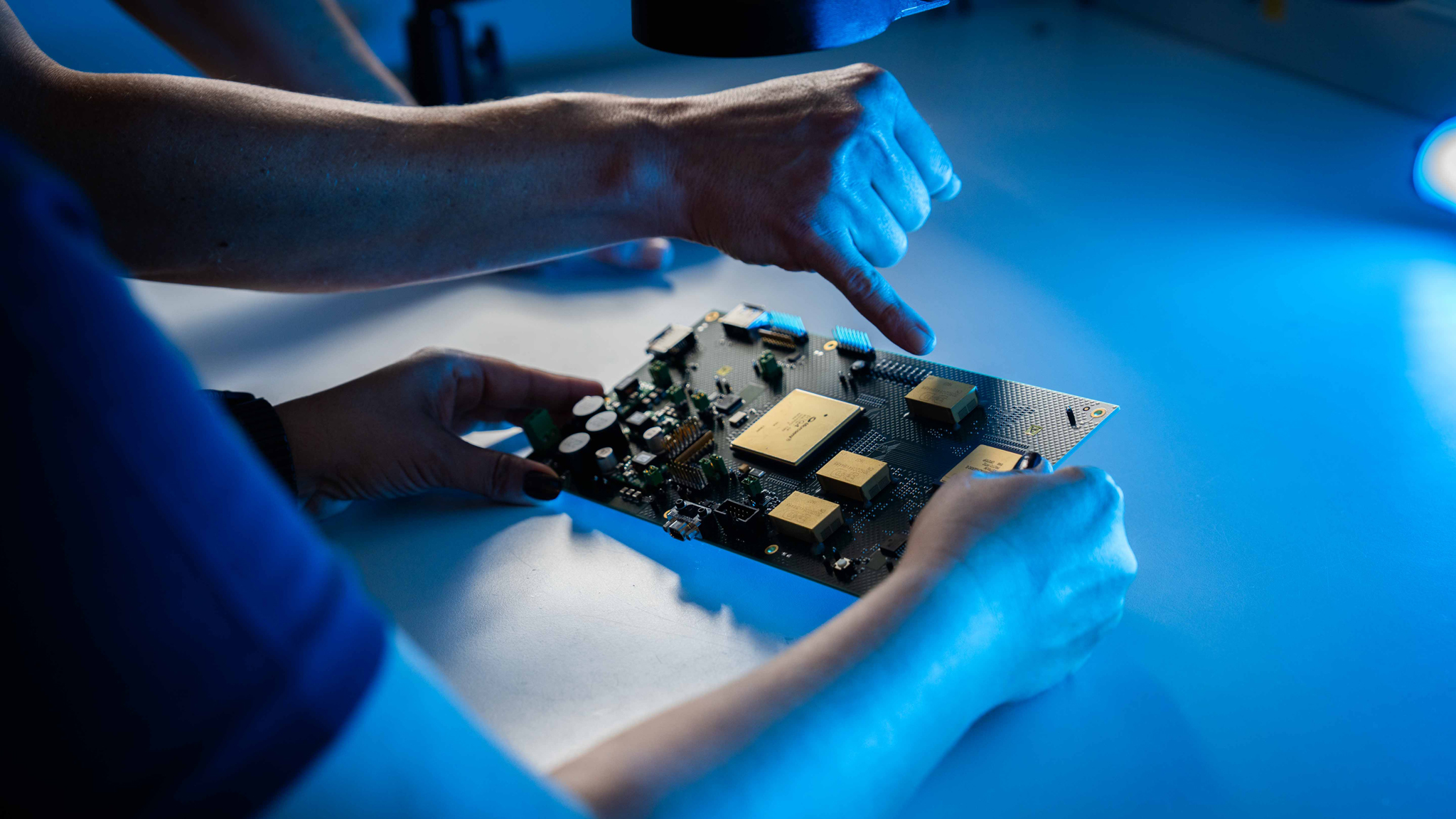
Principles of scientific research
The role of NLR in supporting the government
- We serve as the strategic knowledge partner to the national government, industry, and societal stakeholders, providing expertise to help address complex societal challenges.
- We conduct research and provide policy support to the government in the field of aerospace
- We have a deep understanding of the government’s needs in this domain and can proactively contribute to achieving their policy objectives.
- We receive funding from the Dutch government to support knowledge development and research infrastructure, enabling us to advance our research and development capabilities.
- As an applied knowledge institute, we also undertake direct commissions from the national government
- A fundamental requirement for the effective functioning of a TO2 organisation like NLR is that the quality of our research and development is of the highest standard, beyond reproach.
Code of Conduct
Solutions, results and recommendations meet all scientific standards. To achieve this, we apply the following five principles from the Dutch code of conduct on scientific integrity:
- Integrity
- Diligence
- Transparency
- Independence
- Responsibility
Integrity
Integrity encompasses a range of principles, including refraining from making unsubstantiated claims, providing accurate and transparent accounts of our research methods and processes, avoiding fabrication or falsification of data or sources, engaging with alternative viewpoints and counterarguments in a constructive manner, being open about limitations and uncertainties, and presenting results in a fair and unbiased manner.
Diligence
Diligence includes, amongst other things, using scientific methods and striving for optimal precision in the design, execution, reporting and dissemination of the research.
Transparency
Transparency includes, amongst other things, making it clear to others what data we have based our research on, how it was obtained, what results we have achieved and how, and the role of external stakeholders in the process. If parts of the research or data are not made accessible, we must provide a well-reasoned explanation for why this is not possible. The method of execution and phasing of the research process must be at least comprehensible to peers. This means, at the very least, that our argumentation must be clear and that the steps in the research process must be verifiable.
Independence
Independence includes, amongst other things, ensuring that our choice of method, evaluation of data, and consideration of alternative explanations, as well as our assessment of research or research proposals from others, are not influenced by non-scientific considerations (such as commercial or political factors). Thus defined, independence also encompasses impartiality. Independence is required in any case for the design, execution, and reporting of our research; however, independence may not always be necessary in the selection of the research object and research question.
Responsibility
Responsibility involves, amongst other things, taking into account that our researchers do not operate in isolation, and therefore, within reasonable limits, considering the legitimate interests of individuals and animals involved in the research, of clients and funders, and of the environment. Responsibility also means that we conduct research that is scientifically and/or socially relevant.